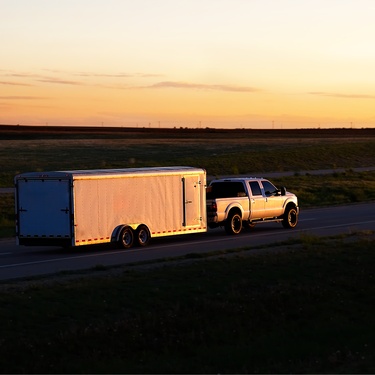
Running a successful mobile business involves more than just showcasing products or services on the go. Whether you’re relocating a food truck, mobile boutique, or pet grooming van, understanding the logistics of shipping your business is crucial. A seamless transport process ensures your operations can continue without unnecessary delays or damage.
Why Shipping a Mobile Business Requires Careful Planning
Mobile businesses are gaining popularity due to their flexibility and ability to reach wider audiences. From bustling food trucks to trendy mobile retail shops, owners are leveraging mobility to reduce overhead costs and stay competitive. When relocating or launching a mobile business, the shipping process is a key consideration.
The safety and efficiency of transporting your equipment can significantly impact your ability to operate smoothly in a new location. Knowing what to expect when shipping a mobile business saves time, money, and stress.
Preparing Your Mobile Business for Transport
Before shipping, preparation is essential to protect your investment. Start by thoroughly inspecting and securing all equipment. Loose items can shift and cause damage during transport, so ensure electronics are disconnected, shelves are secured, and fragile items are padded. Common items like signs, furniture, and appliances should be fastened securely to prevent movement in transit.
Don’t overlook documentation. Keep titles, insurance papers, and relevant permits organized, especially if crossing state lines. Some relocations may also require coordination with local authorities. Lack of preparation in this step can lead to avoidable delays.
Choosing the Best Transport Method
The shipping method you choose depends on your specific needs. Open transport is budget-friendly, but exposure to weather may pose risks for long-distance transit. Enclosed transport, although pricier, is often a wise investment when transporting high-value or weather-sensitive mobile businesses. Selecting the most appropriate option ensures your business is protected during the move.
Partnering with an experienced carrier is equally important. Not every logistics provider understands the nuances of transporting mobile businesses. A knowledgeable carrier can minimize damage, keep your equipment intact, and help avoid operational downtime. This expertise is critical when navigating scenarios unique to businesses that operate on the road.
Timeline and Cost Considerations
Shipping a mobile business involves several moving parts. Timeline expectations depend on distance, carrier availability, road restrictions, and weather conditions. By coordinating early with your logistics partner, you’ll be better positioned to plan for any delays or adjustments.
Costs can vary widely depending on the size and weight of your unit, the type of trailer, and the total distance. Additional factors like fuel surcharges or tolls may also impact the final price. Taking these factors into account when shipping mobile concession trailers can help you budget accordingly.
Smooth Transitions for Business Success
Knowing what to expect when shipping a mobile business helps you plan effectively and protect your operations. From prep work to selecting the right carrier, every decision contributes to a smoother transition. Partnering with a trusted provider ensures that your mobile business arrives ready to serve customers in the next location, securing your ability to grow and succeed.
Bio: Casey is a passionate copyeditor highly motivated to provide compelling SEO content in the digital marketing space. Her expertise includes a vast range of industries from highly technical, consumer, and lifestyle-based, with an emphasis on attention to detail and readability.






















